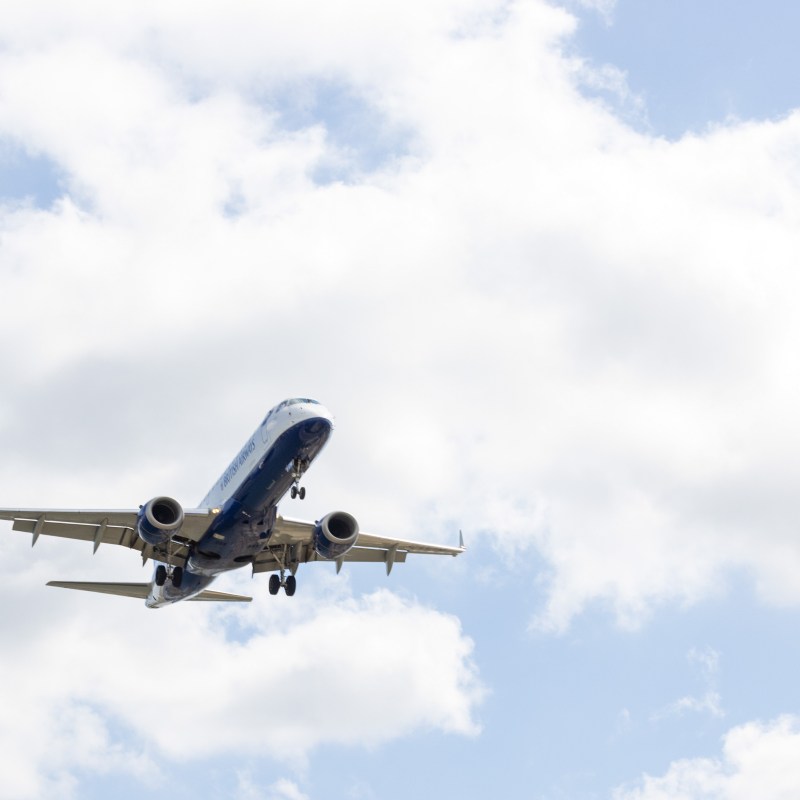
Last year, news of a newly revamped set of flight rights for Americans hit headlines.
Videos by TravelAwaits
Early on, I reported on new Fly Rights listed on the US Department of Transportation’s website. The premise was pretty straightforward: to create a single webpage where US passengers could clearly learn their rights as passengers and, more specifically, what to do in the event of canceled, missed, and bumped flights from different airlines.
Not an easy undertaking, by any stretch of the imagination—especially when you consider that airlines have historically had the right to reschedule, cancel, and re-route flights as needed.
What did last year’s Fly Rights promise from USDOT?
Under the new Fly Rights, airlines still retain many of their original rights. For example, under USDOT’s Fly Rights program, passengers wouldn’t be able to receive compensation if the airline was justified in its delays and/or cancellations due to weather, safety checks, and other extenuating circumstances.
Importantly, however, Fly Rights also laid out how to get compensation when passengers are owed. It even put the onus of responsibility for those refunds on airlines, instead of passengers—as in, the airline would automatically refund you.
At least, in theory.
Though the 2024 Fly Rights page from the USDOT promised a lot of revolutionary changes, they’ve been slow to materialize. If you take a closer look at the Airline Cancellation and Delay Dashboard, you’ll see verbiage like ‘an airline has committed to…’ which signals that those commitments are voluntary.
That being said, the USDOT has come through with a pretty major improvement. On August 13, 2025, it launched a new air travel complaint system.
Inside the new air travel complaint system, aka ACERS
The travel complaint system from USDOT is known as the Aviation Complaint, Enforcement, and Reporting System (ACERS), which is a brand-new program. It allows passengers (aka consumers) to file complaints and write comments (including compliments) on a single digital platform.
Passengers, airlines, and regulatory bodies all have access to ACERS, making it a unified system where airlines, ticket agents, passengers, and more can exchange official copies of complaints and comments. The consumer portal (that passengers like me and you would use) is run by the Office of Aviation Consumer Protection, aka OACP.
ACERS automatically sends complaints and comments to all entities involved, streamlining the process and preventing human error. In short, it means US passengers should have faster and more appropriate resolutions to their air travel concerns.
Is it anything like the original Fly Rights promises that were swirling in 2024? No. Is it a step in the right direction toward a more standardized air travel experience in the US? Definitely.
